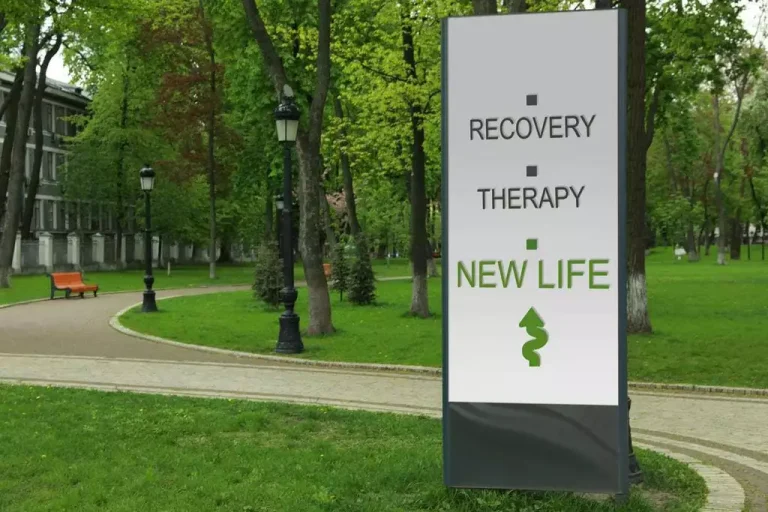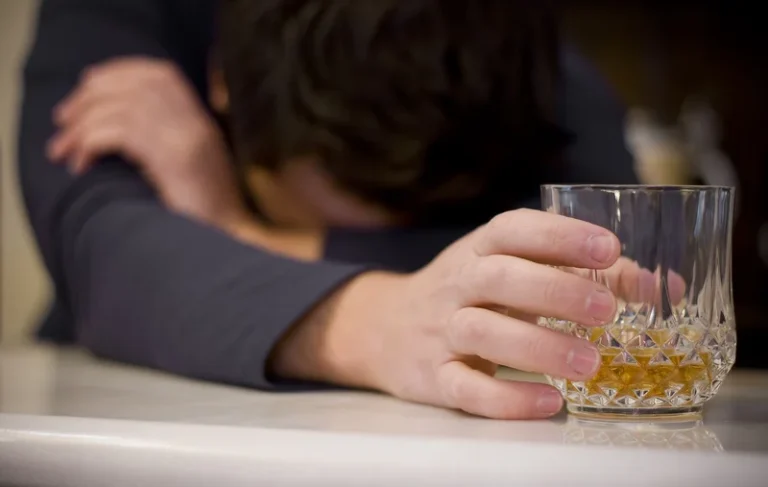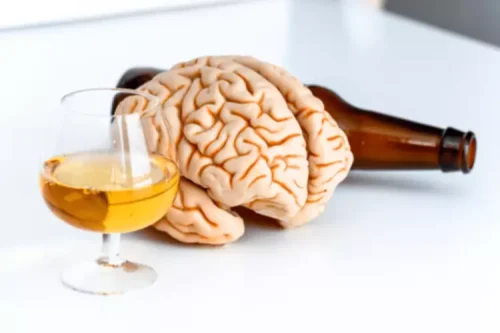Top 7 Relapse Triggers And How To Manage Them

If you or a loved one has experienced a relapse, or are just considering treatment options, we are here to help you. The Recovery Village has a strong record of helping people with substance use disorders to achieve recovery. Reach out to one of our understanding team members today to learn how you can start on your path to recovery. Read more to learn about types and stages of relapse in addiction, as well as relapse prevention strategies. Addiction relapses are similar in that the individual needs to seek treatment to get back on track.
- Addicts must lie about getting their drug, hiding the drug, denying the consequences, and planning their next relapse.
- Expecting triggers and planning to cope with them effectively is the best way to defend against addiction relapse.
- Expectancy theory has shown that when people expect to have fun, they usually do, and when they expect that something will not be fun, it usually isn’t [15].
- Groups like Alcoholics Anonymous, Narcotics Anonymous, and SMART Recovery provide invaluable help, resources, and substance abuse group activities.
- High-risk situations include both internal experiences—positive memories of using or negative thoughts about the difficulty of resisting impulses—and situational cues.
Mental relapse:

To prolong the CAR T cells’ assault and endow them with memory, the Dana-Farber researchers developed a completely novel therapeutic agent, the CAR-E platform. It consists of a weakened form of the immune-signaling molecule interleukin-2 (IL-2) fused to the very antigen the CAR is designed to bind to. Enter your phone https://ecosoberhouse.com/ number below to receive a free and confidential call from a treatment provider. If you are newly in recovery, you may want to consider an outpatient program for your first few months into sobriety. MI is a client-centered approach that assists individuals in exploring and resolving uncertainty about change.

Learn From Setbacks
Identifying your triggers is one of the most effective steps you can take in managing them. Paying attention to the environment around types of relapse triggers you when you experience a trigger can help you examine them. You may even consider keeping a daily journal to record your experiences.
Relapse Prevention Strategies and Techniques for Addiction
Offering alcohol to a former addict may trigger feelings that urge the individual to use drugs. Attention to sleep and healthy eating is minimal, as is attention to emotions and including fun in one’s life. Self-care helps minimize stress—important because the experience of stress often encourages those in recovery to glamorize past substance use and think about it longingly. The majority of people who decide to end addiction have at least one lapse or relapse during the recovery process. Such triggers are especially potent in the first 90 days of recovery, when most relapse occurs, before the brain has had time to relearn to respond to other rewards and rewire itself to do so. Research has found that getting help in the form of supportive therapy from qualified professionals, and social support from peers, can prevent or minimize relapse.

- Recognizing these signs is essential to prevent the progression toward a full relapse.
- Understanding relapse, triggers, and treatment are important steps toward relapse prevention.
- Without other people around, it’s easier to talk yourself into drug or alcohol use and rationalize it.
- The acronym “HALT” stands for Hungry, Angry, Lonely, and Tired—four common conditions that can trigger a relapse.
- Hydration is another important aspect of nutrition and is vital for everyday health and overall happiness.
Someone who has grown dependent on a substance may not feel “normal” without it. Therefore, a return to drug or alcohol use may seem like a good way to get back to feeling OK, curbing withdrawal symptoms, and combating strong cravings. People closest to the individual may set off cravings that eventually lead to a relapse. It is perilous for a person in recovery to be around substance-using friends and family.
- Addiction treatment plays a crucial role in relapse prevention, equipping individuals with the skills and strategies needed to maintain long-term recovery.
- A slipup is a short-lived lapse, often accidental, typically reflecting inadequacy of coping strategies in a high-risk situation.
- But life is often unpredictable and it’s not always possible to avoid difficulty.
- Entering the first stage of the recovery journey, we encounter emotional relapse.
- Healthier practices need to replace these negative internal processes in order to help people succeed in their path to a substance-free life.
- A person in recovery needs to think about using as a potential risk and actively engage in strategies and activities that foster a healthy and drug-free lifestyle.